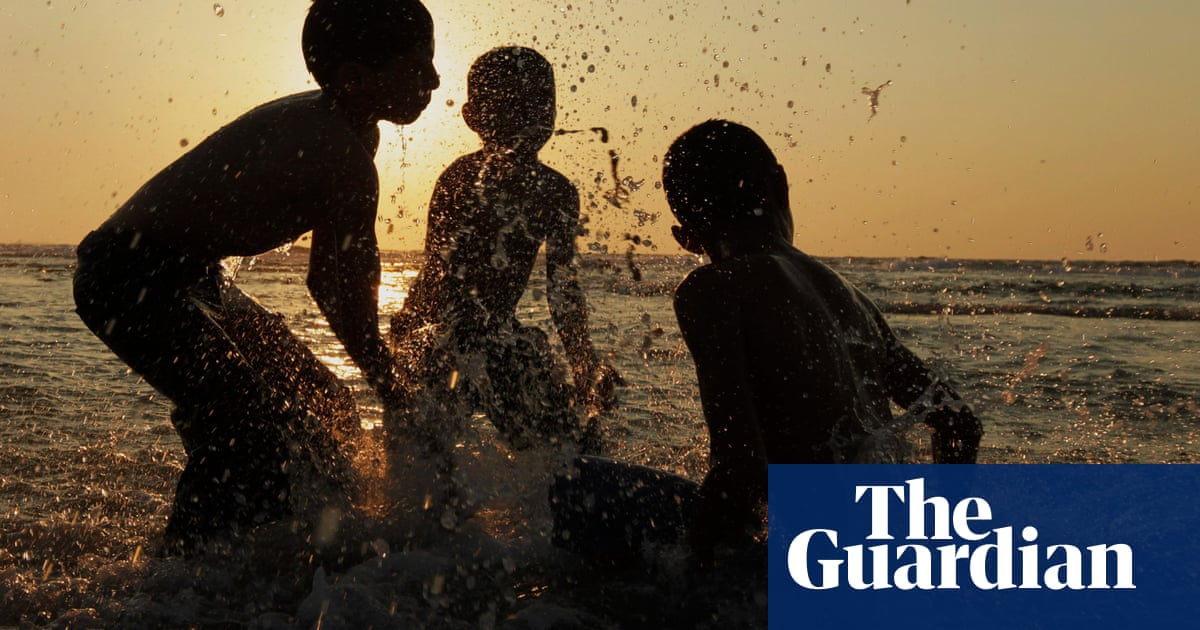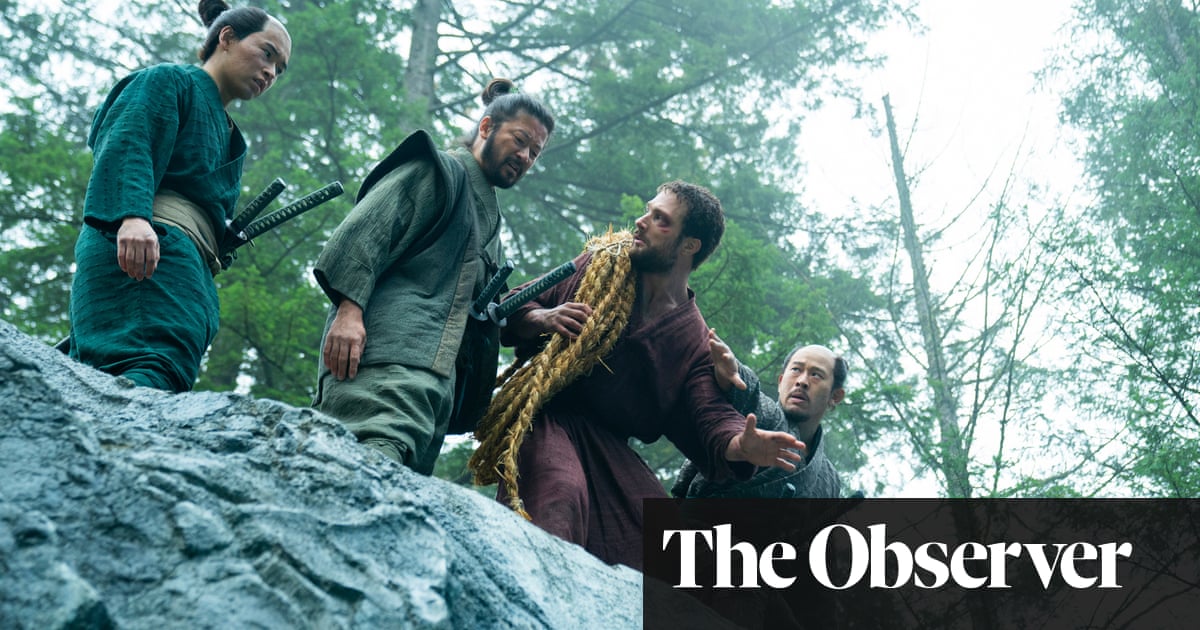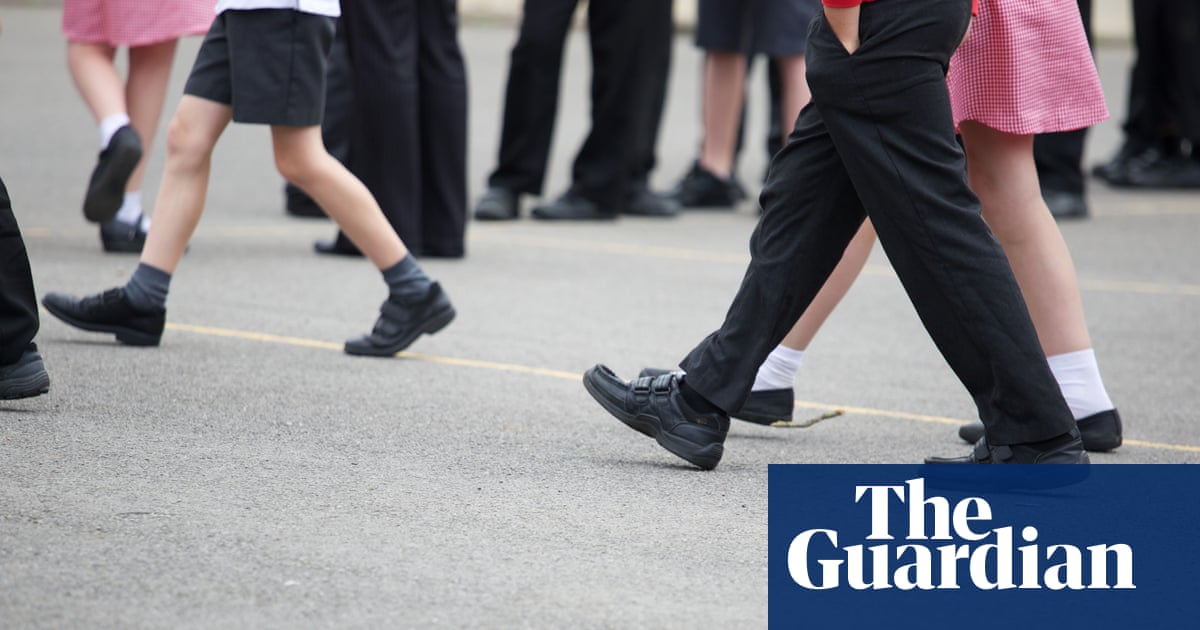
In my 15 years of teaching English to hundreds of children in various parts of England, there are four books that have been on the curriculum in every school I have found myself in, with no exception: Of Mice and Men by John Steinbeck, Animal Farm by George Orwell, An Inspector Calls by JB Priestley and Private Peaceful by Michael Morpurgo.
They have each been well-known classics and perennial favourites for decades. But if you somehow managed to skip them, here’s a quick summary. Of Mice and Men: depression-era friendship strained by a world of toxic masculinity. Animal Farm: a political warning where the farm becomes an allegory for the Russian revolution. An Inspector Calls: an upper-class British family wrestles with basic morality when a working-class woman is announced dead. Private Peaceful: two brothers leave the rural idyll to face the horrors of the frontline in the first world war.
You can see why these books keep turning up. They speak of empathy and humanity, and challenging blunt authority imposed from on high. They have a liberal slant that more or less puts them on the right side of history. But they also assume default narratives that come from ideologies so wide that we can’t easily see the edges of them, default masculinity and default whiteness being two of the biggest. We can’t ignore the fact that these books were written at points in history when social narratives were mainly limited to the perspectives of straight white men.
As a black writer who has taught a white curriculum and now ponders deep questions of the education system at large (such as: why is it that I am in such a minority as a black English teacher? And what can be done to tackle structural racism in British schools?), one thing people love to ask me is what I would choose to put on the English curriculum instead. If education is in need of a shake-up, if it is steeped in historic biases, unchallenged ideologies and centuries-wide blind-spots, then what should replace the well-thumbed classics that many teachers were taught themselves?
It’s a fair question. Since the Black Lives Matter uptick of 2020, conversations surrounding the so-called decolonisation of the curriculum have gathered pace. It is a broad ambition, to see a curriculum born out of Britain’s imperial past shaken free of its colonial shackles. The stories we choose to tell are central to this aim and when it comes to curriculum choices, there are no accidents. The four texts I mentioned have persisted because they speak to narratives that have become embedded in Britain’s understanding of the world. They come from the long-accepted voices of authority (male and white) that have become default over time. And, crucially, they don’t speak to the huge diversity of lived experience that really makes Britain. All those colonies, all those migrant tales, all that resistance and resilience in the face of imperial control. Tellingly, Of Mice and Men is one text that Michael Gove sought to remove in 2014 when he was education secretary, on the basis that it was American and therefore not quite English enough for British schools.
Of all the texts I’ve taught, Of Mice and Men is by far the most controversial. As well as all the inherent misogyny and toxic masculinity, its depiction of a sole black character, Crooks (painted as a tragic victim of racist discrimination), is a source of ongoing debate over the efficacy of this book to tackle racial conversations in the 21st century. Particularly problematic is the fact that teaching this book requires classrooms full of kids to say the N-word, leaving the teacher with a conundrum over how to navigate the inevitable fallout. I’ve been there, often as the only black teacher in the school, and it’s a burden. I’ve had to think fast, on my feet, about how to avoid the lesson collapsing into chaotic confusion. Then I’ve had to think slow about what needs to be included in the curriculum to improve racial literacy in the first place.
It is tempting to think that the so-called canon can be easily updated, with old texts swept away and replaced with something fresher, more modern, or relevant. But the reality is that we are entering conversations that swirl and change at a pace that can often feel difficult to keep up with. In 2007, the year I started training to be a teacher, nuanced conversations were not being had about areas of identity politics and social justice that now dominate public discourse. Any curriculum that can even hope to be of use in these new contexts will need to be adaptive, flexible, responsive and curious.
When you reach this conclusion, the question of what goes on the curriculum becomes less about curating an unshakeable canon of books, and more about how you communicate your core values. Some examples: I’ve had huge success teaching wellbeing via Wonder by RJ Palacio, alongside the 2010 remake of The Karate Kid starring Jaden Smith. I’ve explored masculinity and nationalism by examining England’s journey through the 2020 Euros. Not long ago, I delivered a university lecture on critical race theory through the lens of Dirty Dancing. And more recently, I’ve discovered that the Jhalak prize-nominated The Crossing by Manjeet Mann can offer powerful insight into modern refugee crises.
So what should be on the curriculum? Well, it depends on who is being taught and the debates taking place in the world around them. This has to include identity politics and social justice, but also sustainability and geopolitics too. In these key areas, the curriculum must seek to widen perspectives, bring marginalised narratives into the centre and accept the truths of the past, no matter how unpalatable these truths may seem.
This is the work that educators must undertake; freeing ourselves, liberating our students, and ultimately allowing the curriculum to breathe with new life.
Jeffrey Boakye is an author. His new book is I Heard What You Said, out on 9 June












